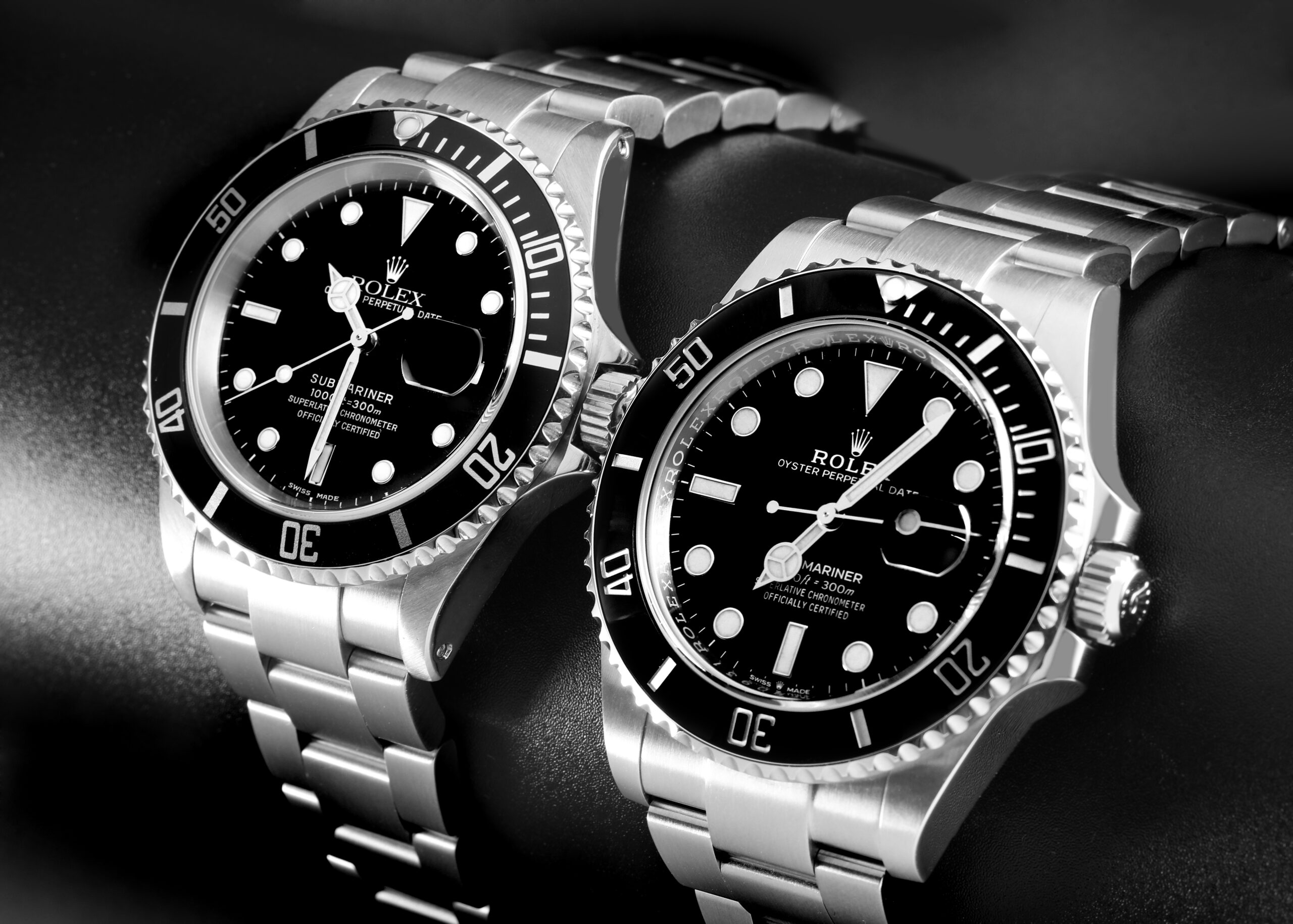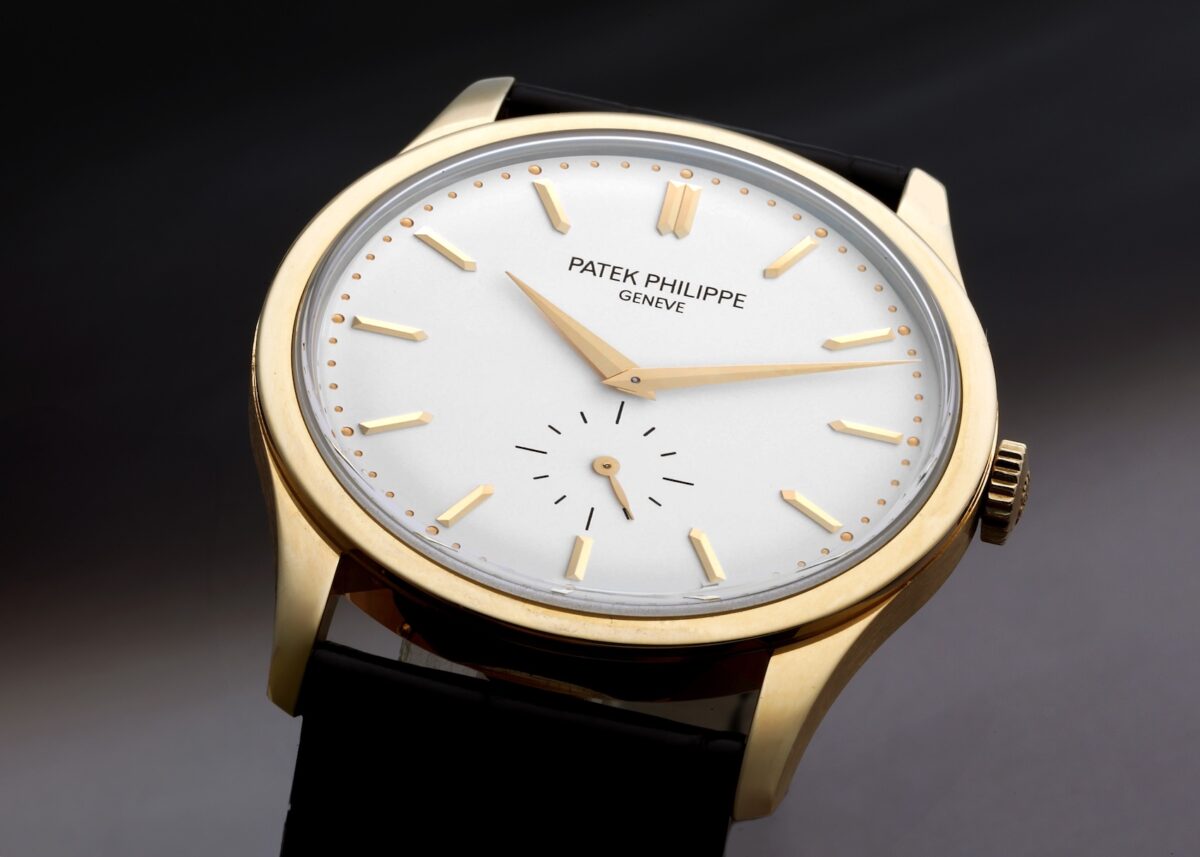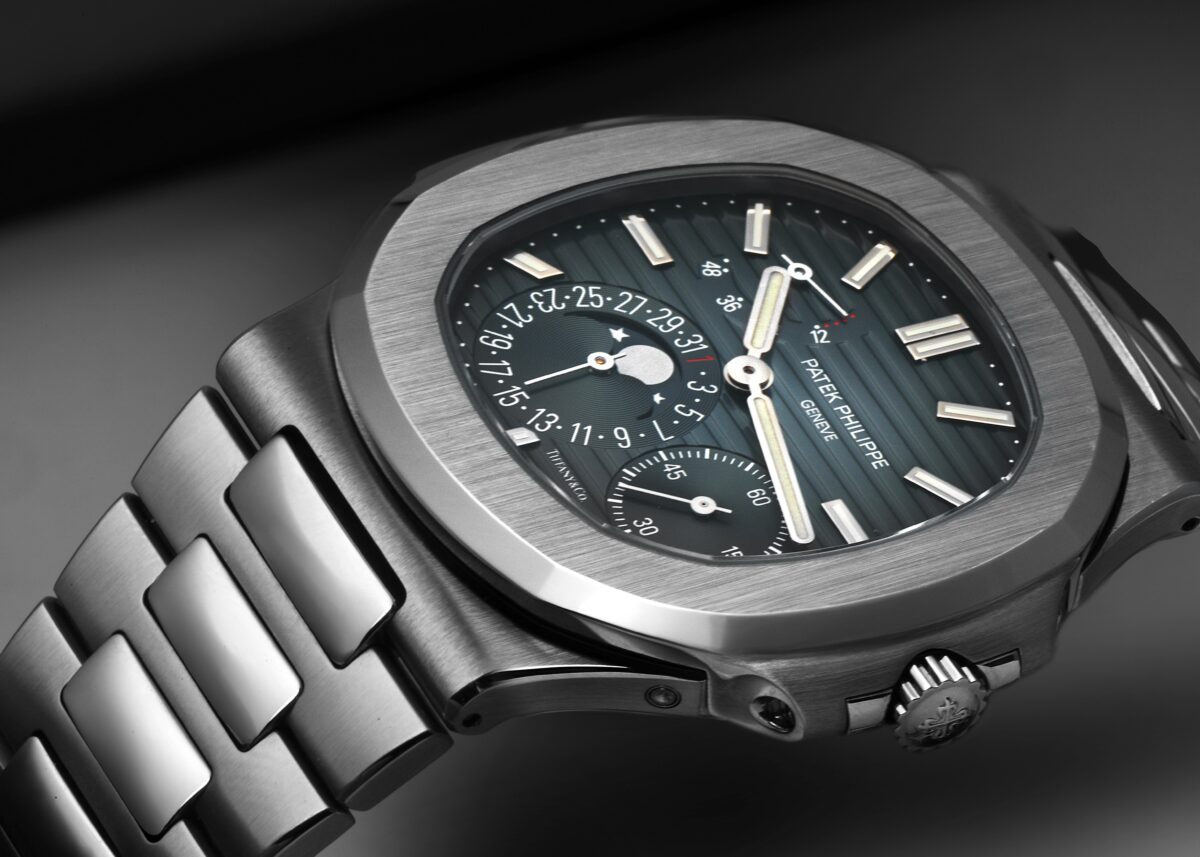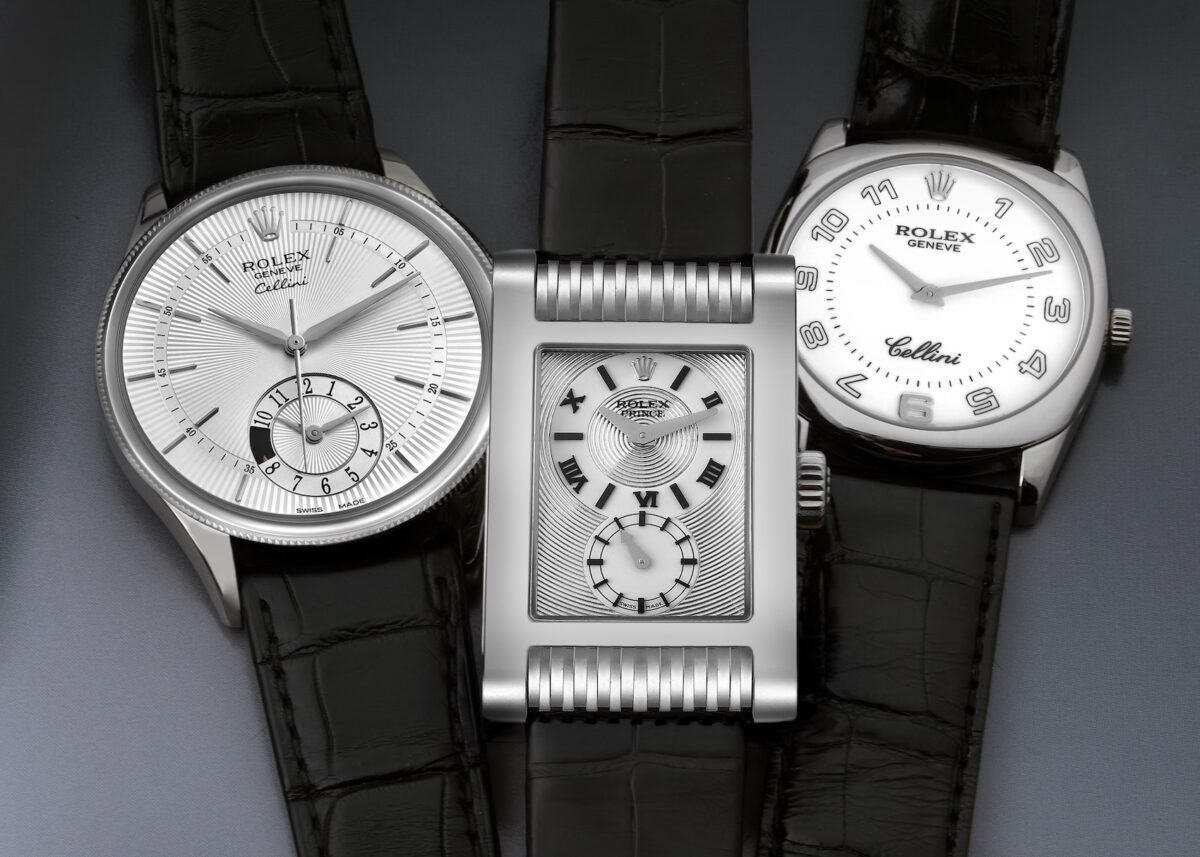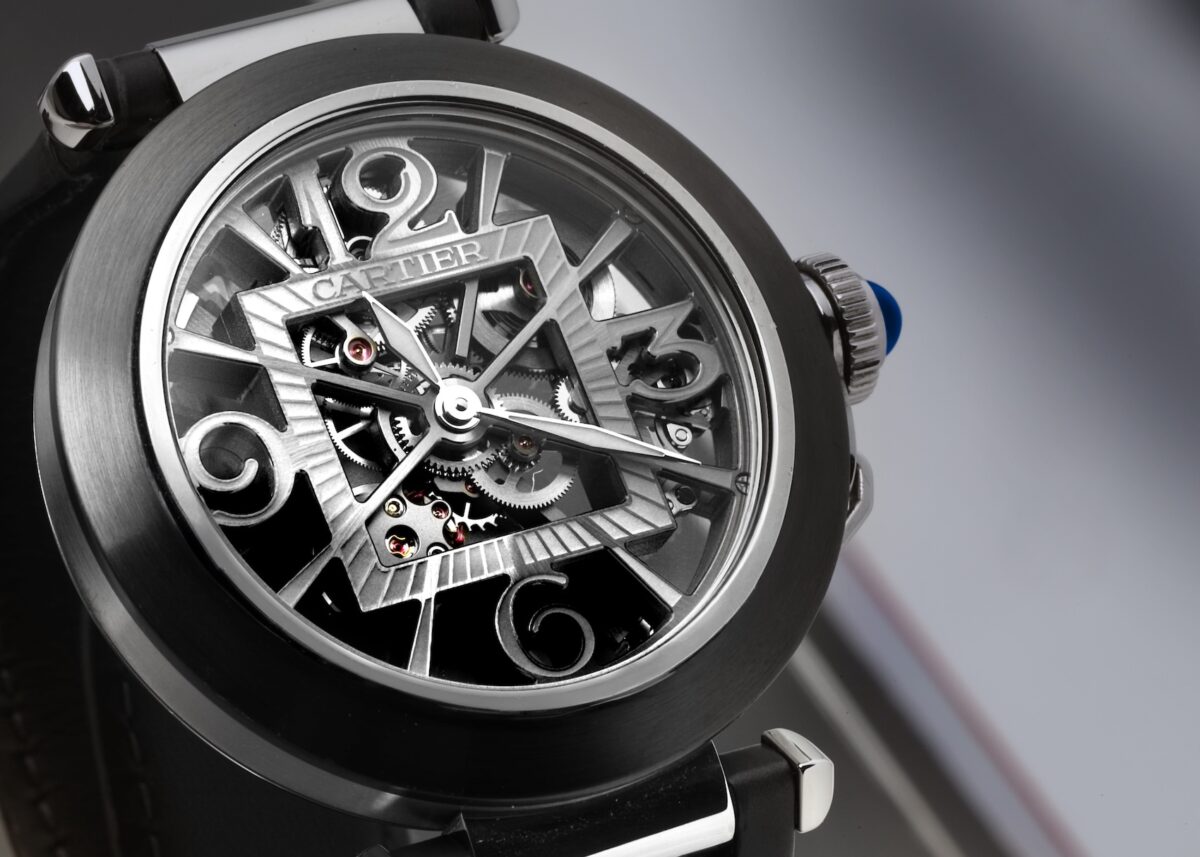There’s a unique allure to a stainless steel sports watch. It’s the perfect blend of rugged capability and understated elegance, a companion ready for adventure yet equally at home under a bespoke cuff. More than just timekeepers, the best steel sports watches are icons of design, engineering, and history. They’ve graced the wrists of explorers, pioneers, and style leaders, becoming legends in their own right. But which ones truly stand the test of time? We dive into five of the most influential and sought-after steel sports watches in horological history. Get ready to explore the titans!
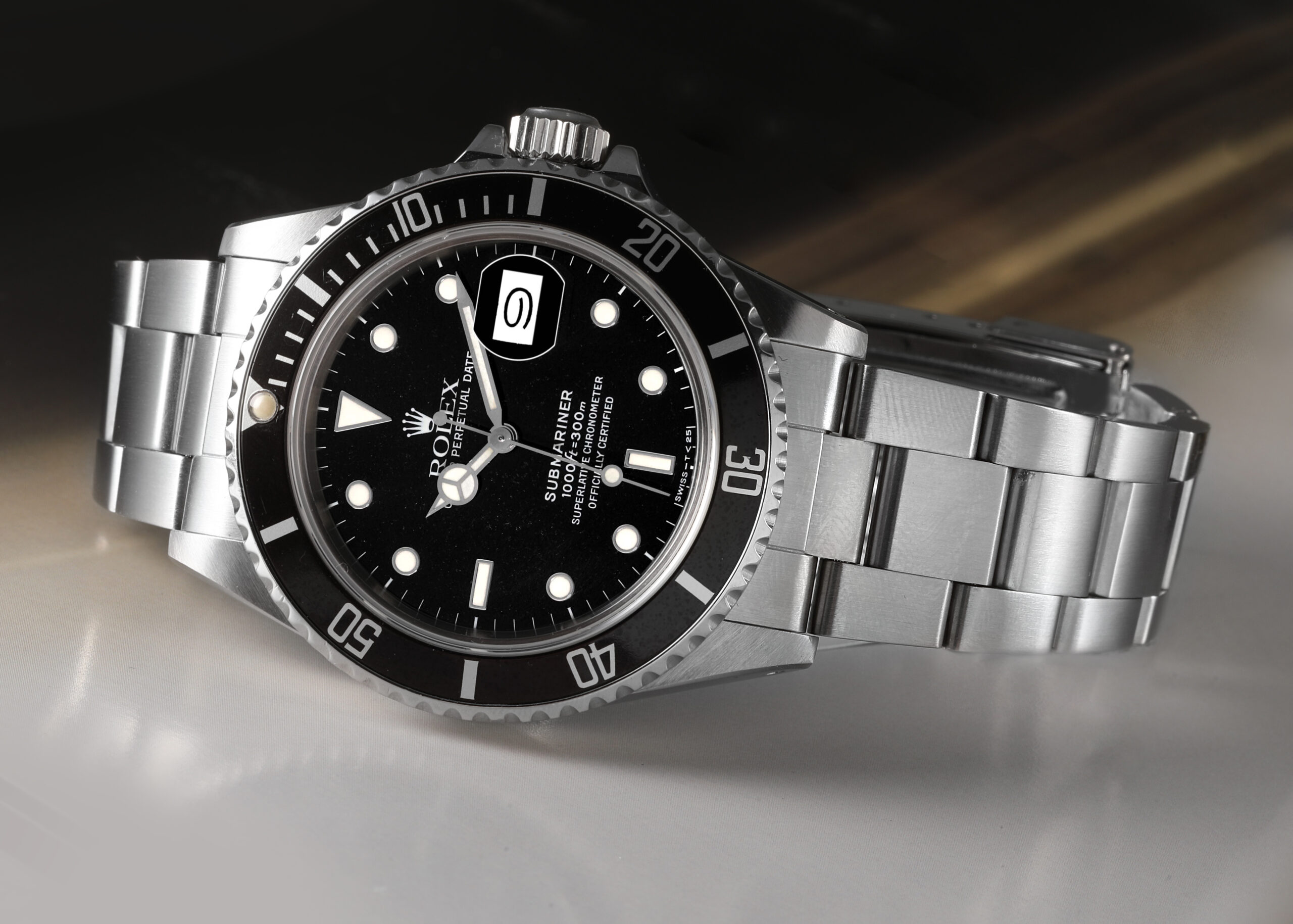
Rolex Submariner: The Quintessential Dive Watch
Why it’s legendary:
If you picture a dive watch, chances are you’re picturing the Rolex Submariner. Debuting in 1953, it wasn’t just a dive watch; it was the blueprint.
A Brief History:
No list of steel sports watches would be complete without the Rolex Submariner. Introduced in 1953, it wasn’t the first dive watch, but it quickly became the dive watch – setting the standard for water resistance, legibility, and ruggedness. Its pioneering rotating bezel, designed to help divers track elapsed time underwater, became an industry benchmark.
Born from Rolex’s pursuit of waterproofness (think Oyster case), the Submariner was one of the first watches specifically engineered for underwater exploration, initially rated to 100 meters. It quickly became a tool for professional divers and a symbol of adventure, famously worn by James Bond.
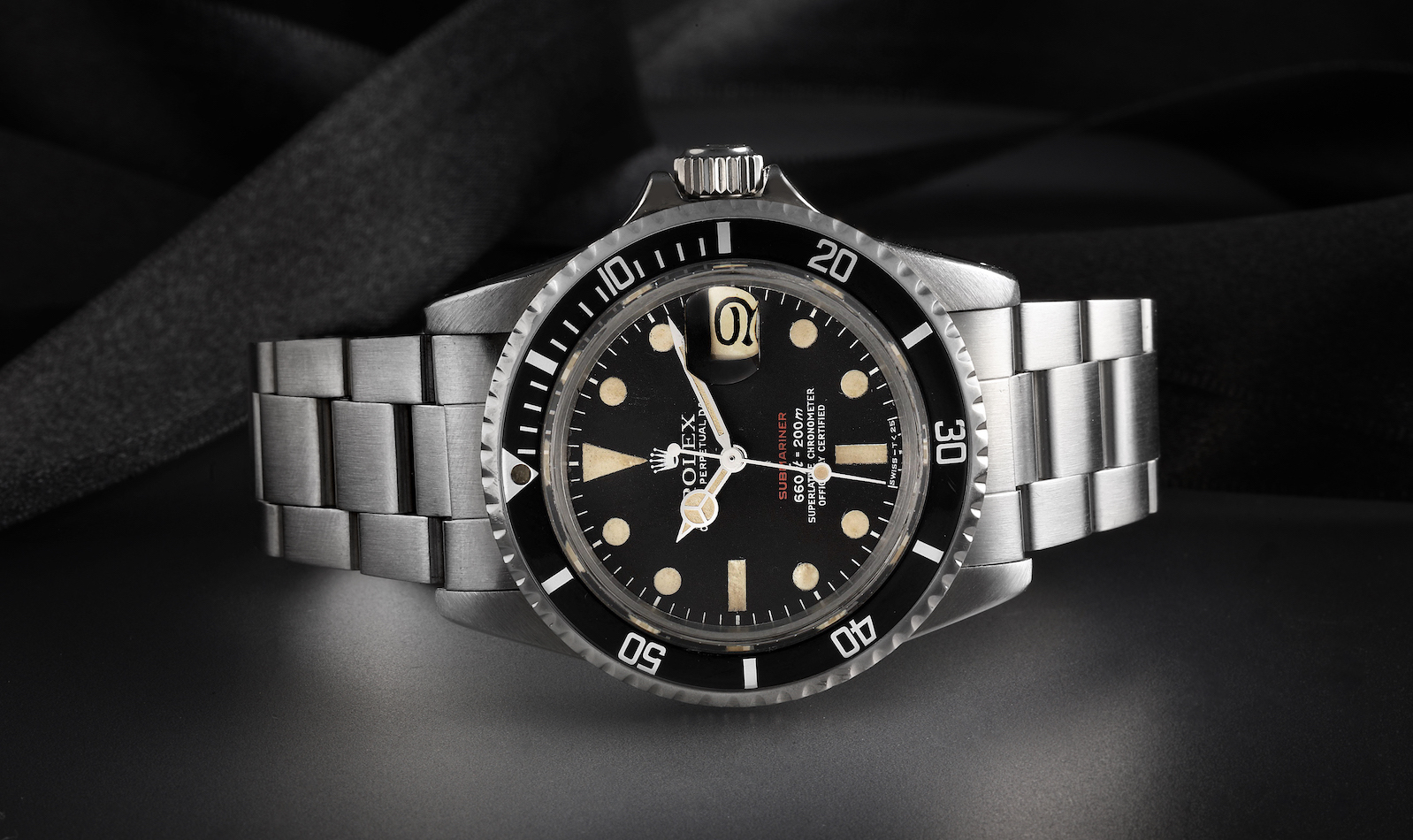
Shop Rolex Submariner Steel Sports Watches
Early references like the 6204 or the iconic 6538 (famously worn by Sean Connery as James Bond) established the Submariner’s utilitarian yet incredibly stylish aesthetic. Its simple, legible dial with luminous markers, robust Oyster case, and screw-down crown made it an indispensable tool for adventurers, explorers, and military personnel. But its appeal wasn’t limited to professionals; its timeless design and reputation for bulletproof reliability made it a global phenomenon, equally popular for everyday wear as it was for sea exploration.
More than a watch, the Rolex Submariner is a testament to Rolex’s “tool watch” philosophy and a cultural icon.
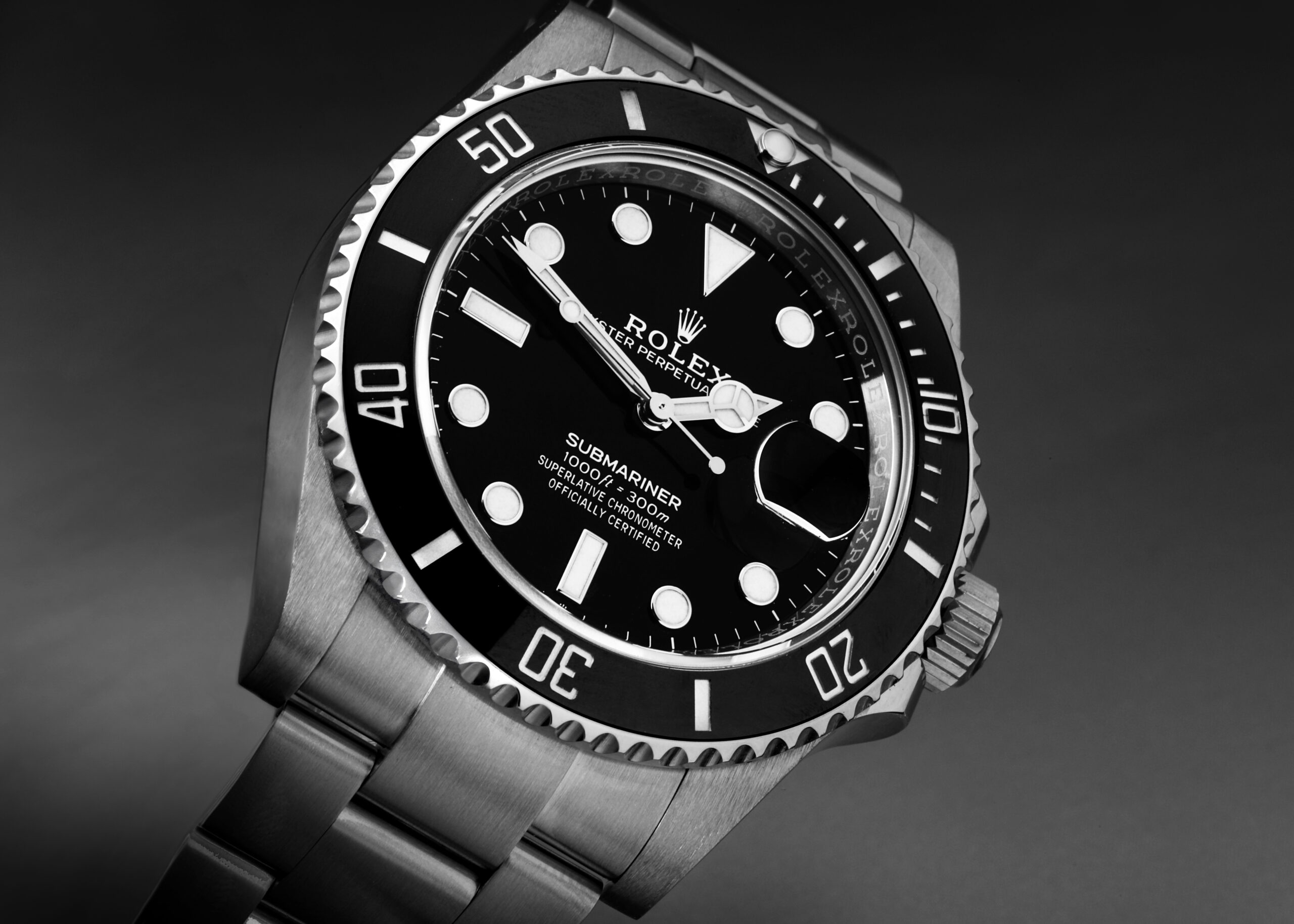
Key Features Why We Love It:
Its robust Oyster case, rotating 60-minute bezel (critical for dive timing), luminous markers for legibility, and the rock-solid Oyster bracelet are all iconic. The Submariner has evolved, but its core DNA remains – a testament to its perfect original design. It’s the definition of a “go anywhere, do anything” watch.
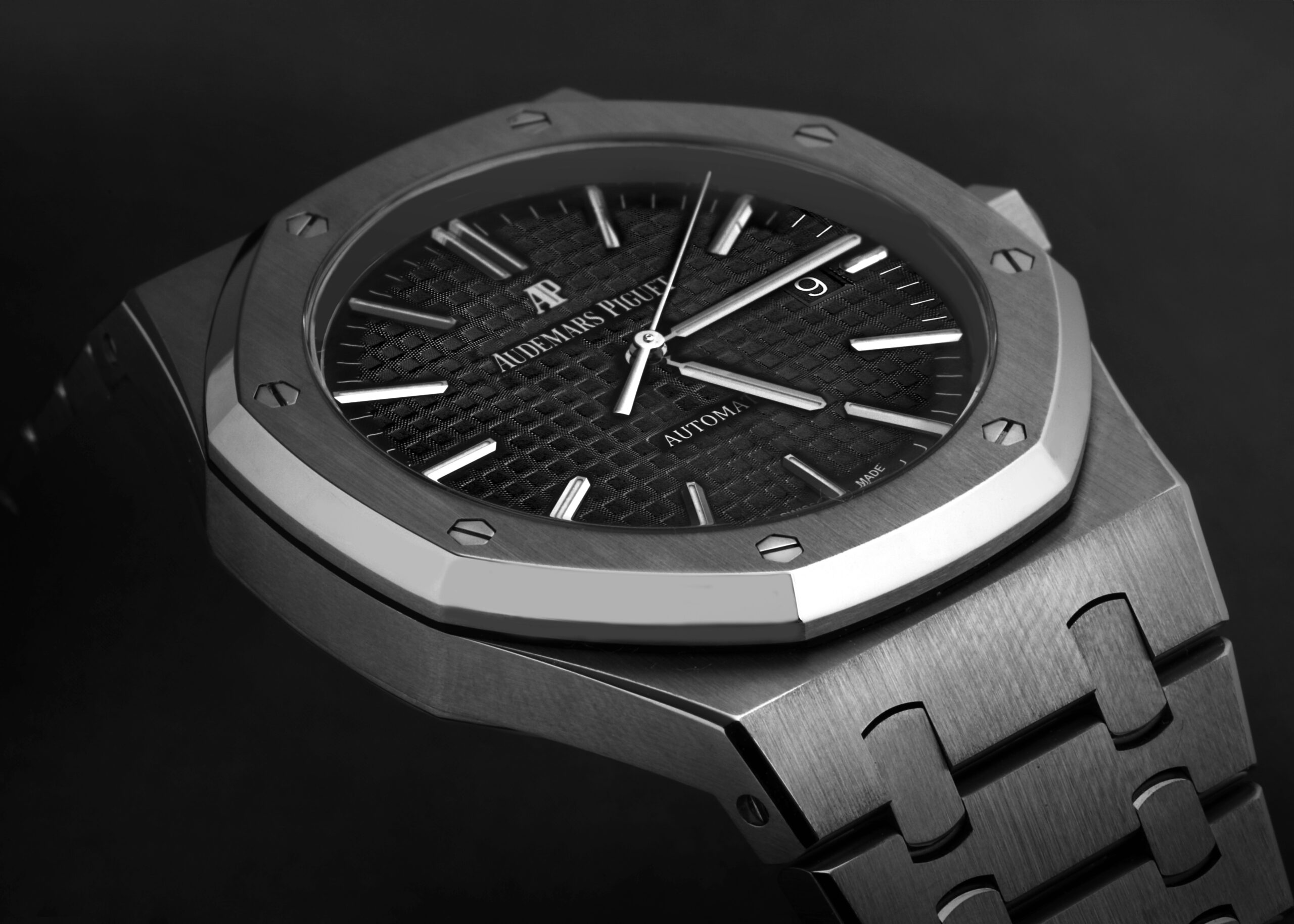
Audemars Piguet Royal Oak: The Game Changer
Why it’s legendary:
The Royal Oak didn’t just join the party; it created an entirely new one: the luxury steel sports watch category.
A Brief History:
When Gerald Genta sketched the Audemars Piguet Royal Oak on the eve of the 1972 Basel Watch Fair, he probably didn’t realize he was about to ignite a revolution. Designed for a discerning Italian market looking for a luxury watch that could withstand a dip in the sea, the Royal Oak was audacious in its simplicity and groundbreaking in its execution.
Launched amidst the quartz crisis, the brainchild of legendary designer Gérald Genta, the Royal Oak was a gamble. A large, angular steel watch with an exposed gasket and visible screws, priced like a gold watch? It was radical. But its bold design, inspired by a diver’s helmet, and impeccable finishing won hearts and arguably saved Audemars Piguet.
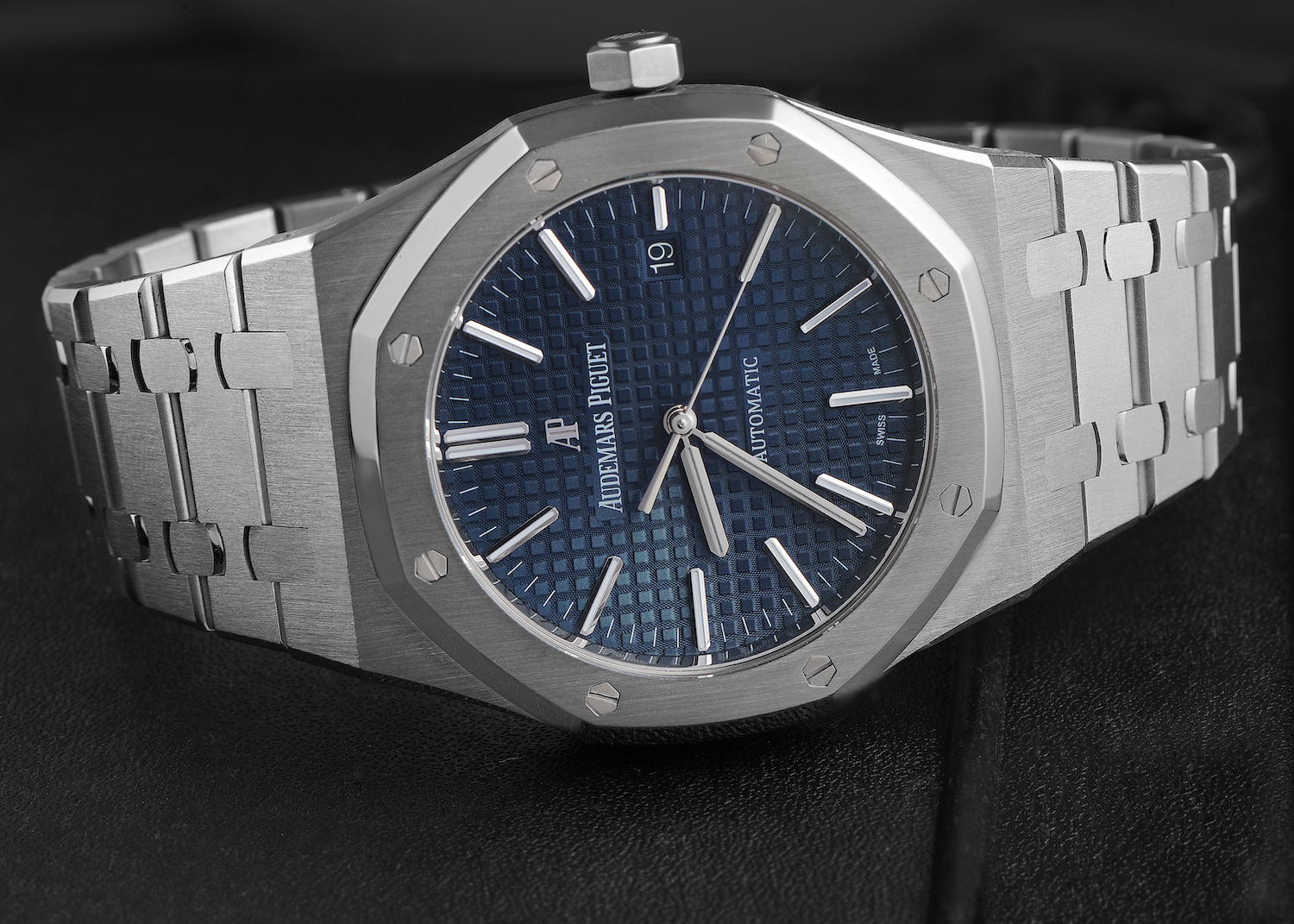
Shop Audemars Piguet Royal Oak Steel Sports Watches
Its key features were its integrated bracelet, visible gasket between the bezel and the case, and an exposed octagonal bezel with eight hexagonal screws. But perhaps its most shocking element was its price – matching that of a gold dress watch, despite being made of steel. This bold move effectively invented the “luxury sports watch” category. The “tapisserie” dial texture, inspired by a traditional engine-turning technique, remains instantly recognizable and utterly iconic. The Royal Oak proved that steel, when crafted with unparalleled artistry and engineering, could be just as luxurious, if not more so, than precious metals.
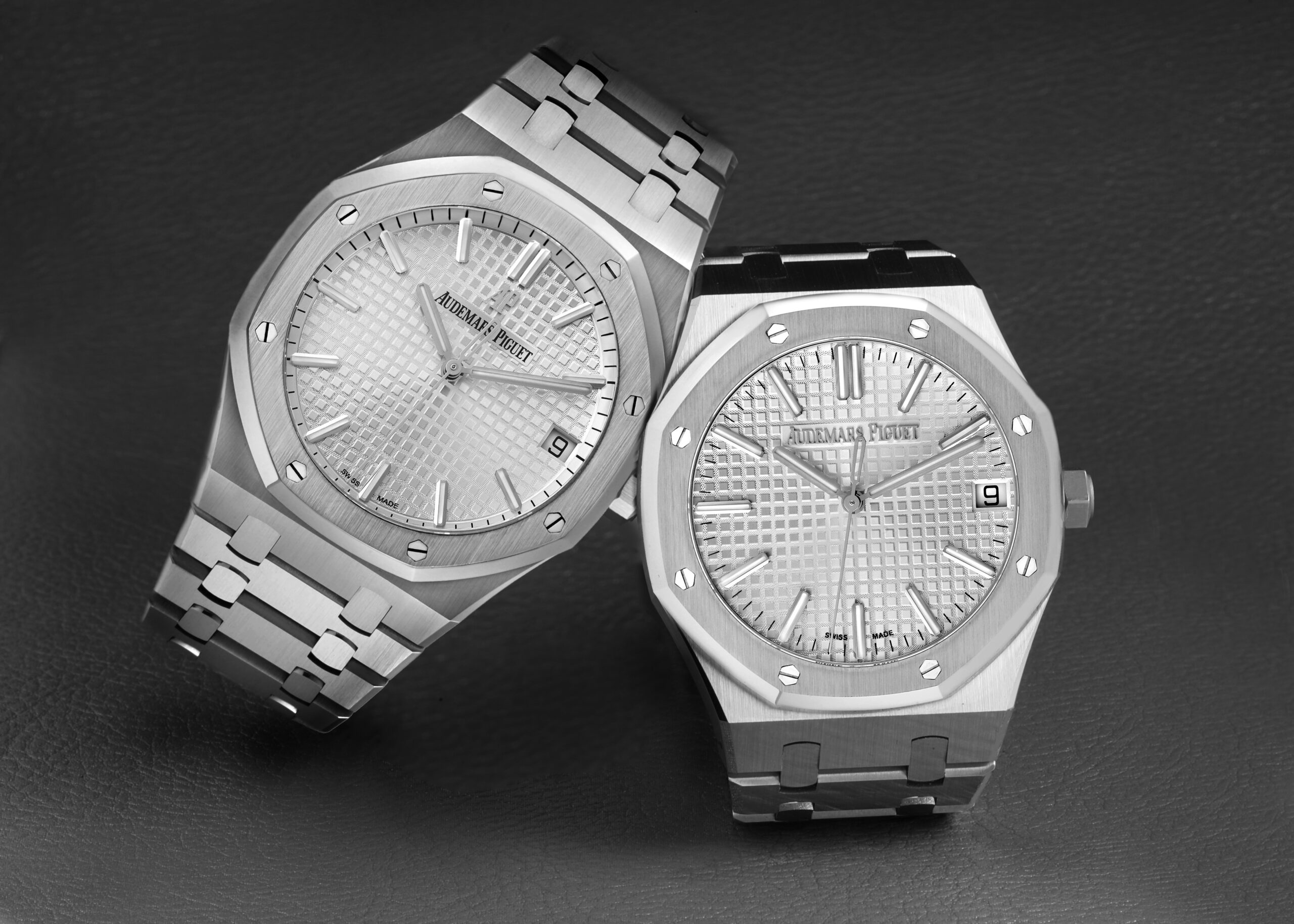
Key Features Why We Love It:
The iconic octagonal bezel with eight hexagonal gold screws, the stunning integrated bracelet that flows seamlessly from the case, and the intricate “Tapisserie” dial. The original “Jumbo” (Extra-Thin) remains the purest expression. It’s industrial chic meets high horology.
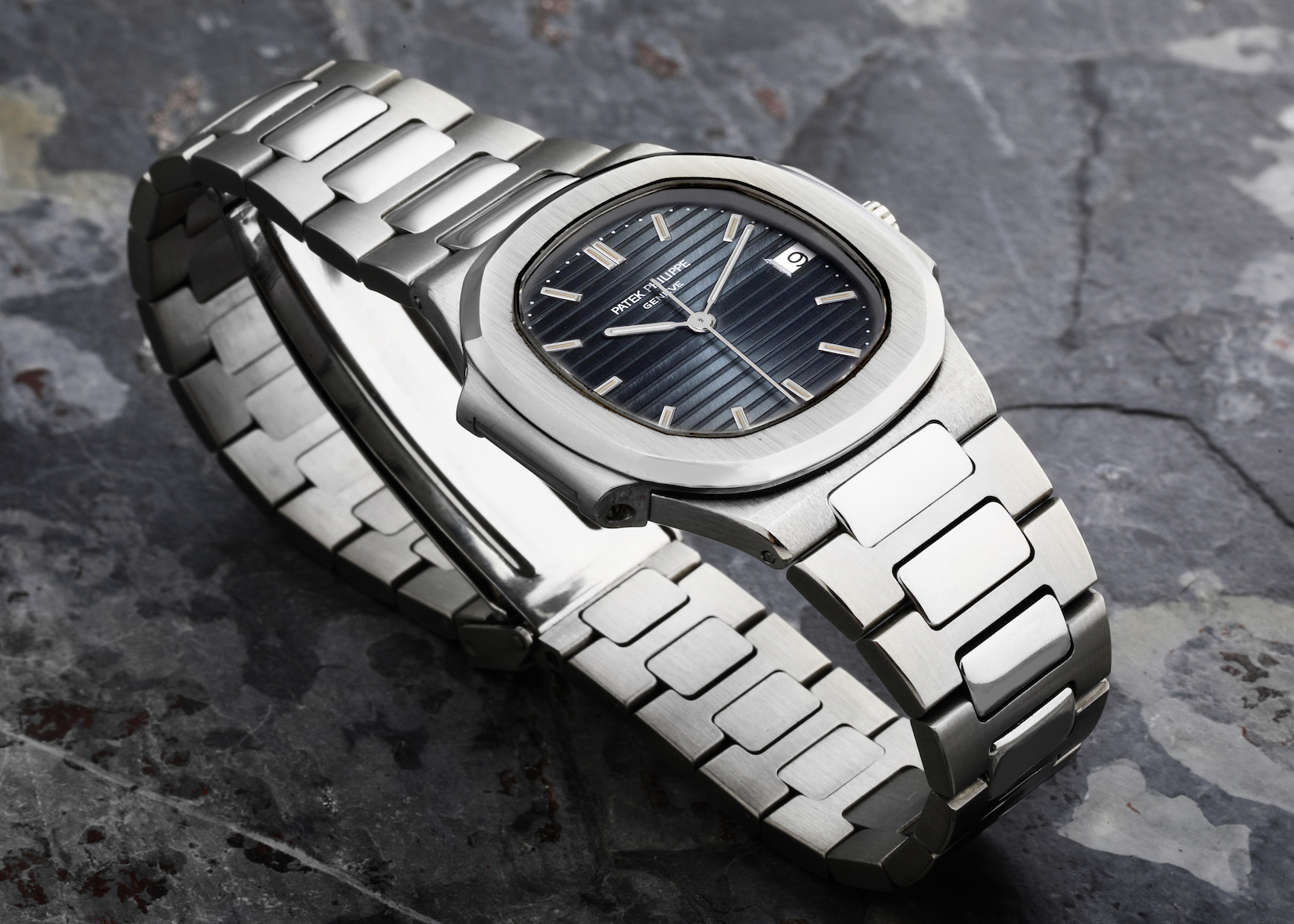
Patek Philippe Nautilus: The Conoisseur’s Choice
Why it’s legendary:
If the Royal Oak created the genre, the Nautilus cemented Patek Philippe’s place within it, offering a softer, more elegant take on the luxury steel sports watch.
A Brief History:
A mere four years after the Royal Oak, Gerald Genta struck gold again, this time for Patek Philippe. The Nautilus, introduced in 1976, was Patek Philippe’s answer to the burgeoning luxury sports watch trend. Legend has it that Genta designed it on a napkin in a restaurant, inspired by the portholes of transatlantic liners. The result was a watch with a distinctive monobloc case, two prominent “ears” flanking the hinge-like bezel, and a stunning horizontally embossed blue-black dial.
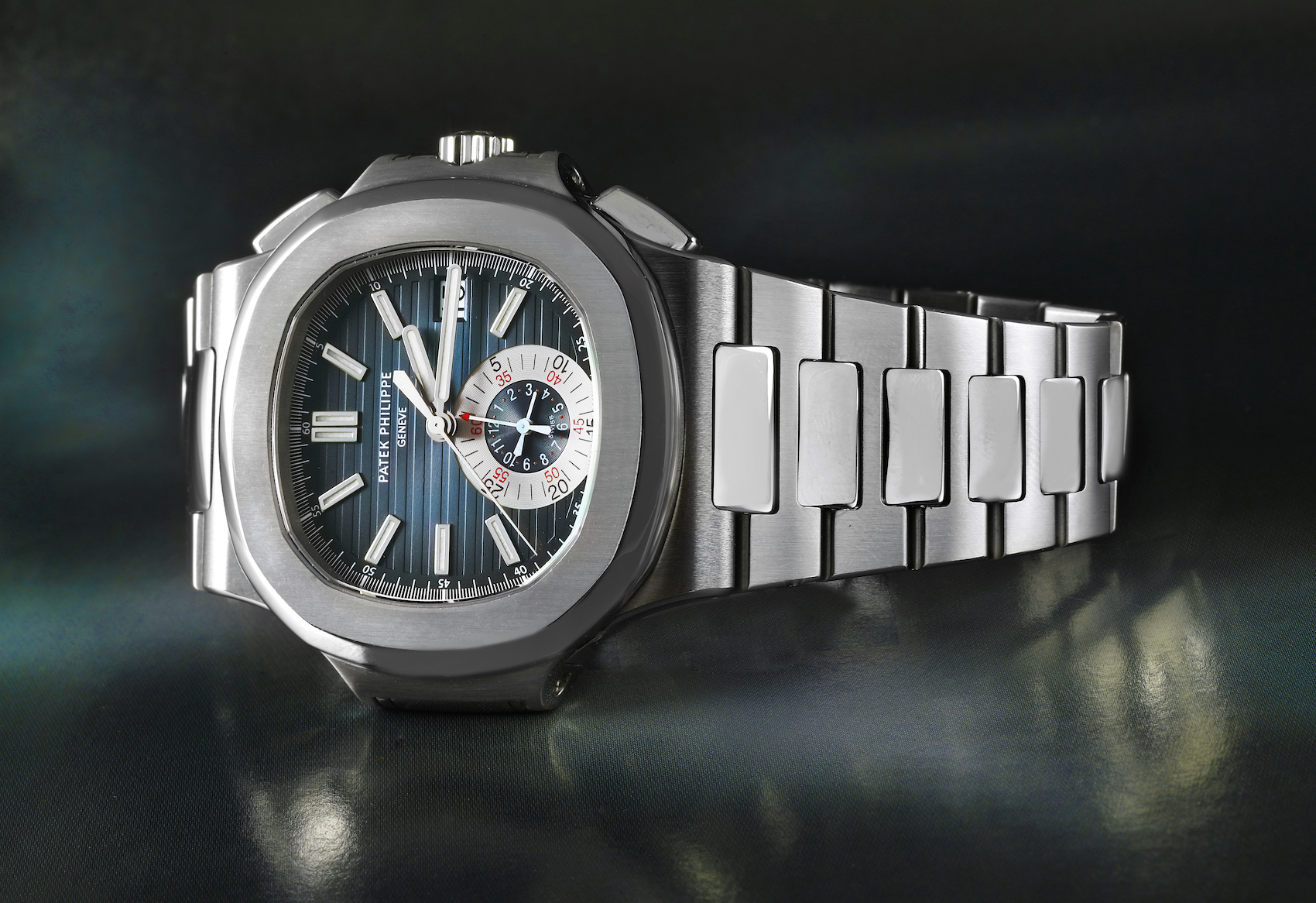
Shop Patek Philippe Nautilus Steel Sports Watches
Marketed with the slogan “One of the world’s costliest watches is made of steel,” the Nautilus, like the Royal Oak, challenged conventional notions of luxury. Its sleek, elegant lines belied its robust construction and water resistance. It quickly became the ultimate expression of sophisticated sportiness, equally at home on a yacht or in a boardroom. Today, its enduring appeal and scarcity have made it one of the most sought-after and collectible watches in the world.
Decades later, the Patek Philippe Nautilus 5711/1A, introduced in 2006 for the collection’s 30th anniversary, became the modern torchbearer of this legacy, refining Genta’s vision for a new generation. Retaining the iconic 40mm stainless steel case and the mesmerizing blue-black gradient dial, the 5711/1A evolved into arguably the most sought-after wristwatch globally, fueled by its perfect blend of casual elegance, Patek Philippe’s unparalleled brand prestige, and extremely limited availability.
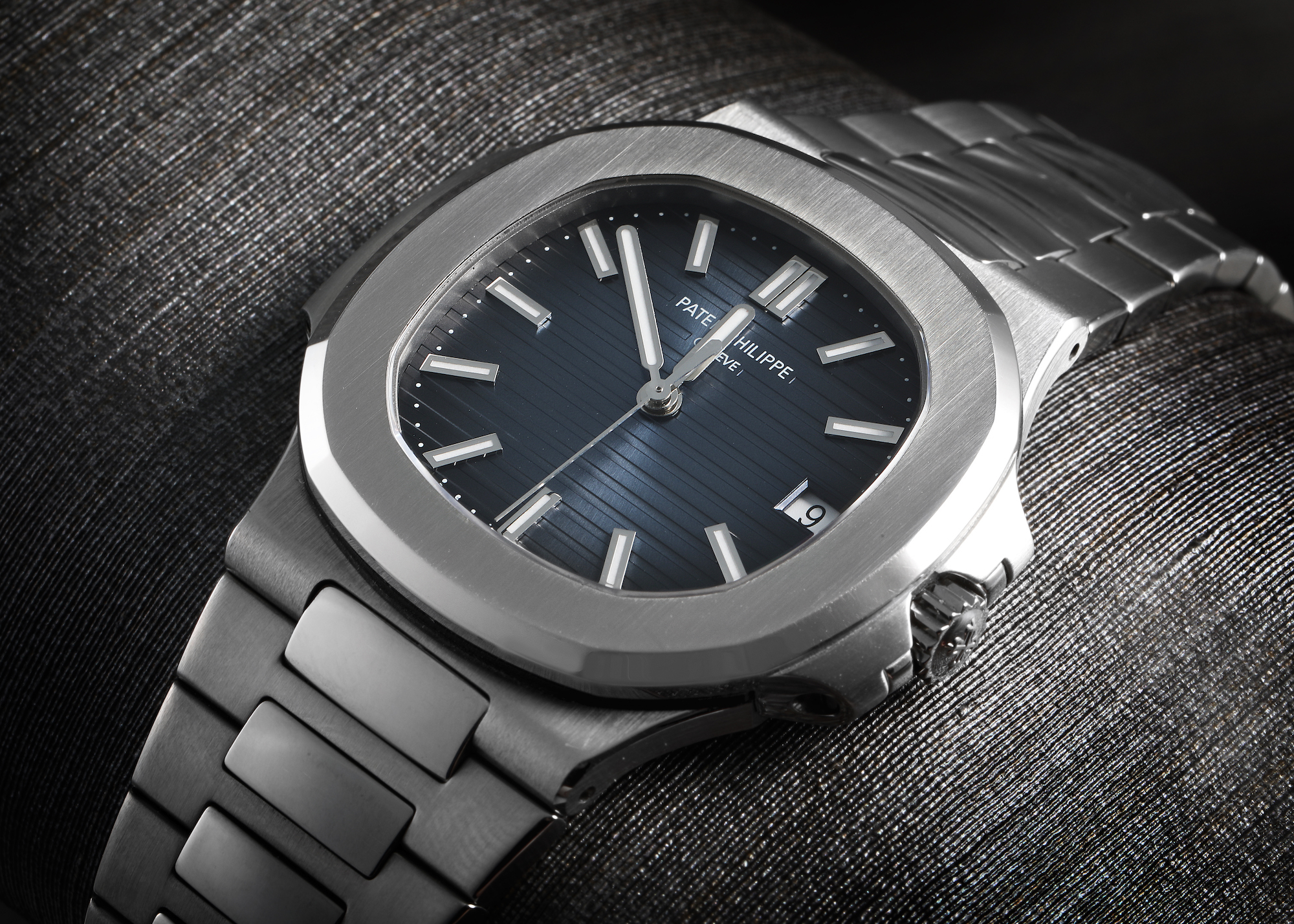
Its discontinuation in 2021 only amplified its legendary status, sending secondary market values soaring and cementing its place as a true horological icon, a benchmark for luxury sports watches, and a prime example of how scarcity and timeless design can create an unmatched desirability that transcends mere timekeeping.
Key Features Why We Love It:
The distinctive rounded octagonal bezel (often described as a “cushion” shape with “ears”), the horizontally embossed dial, and the beautifully integrated bracelet. It exudes a sporty elegance that is uniquely Patek. Its rarity and the immense demand make it a true “grail” for many.
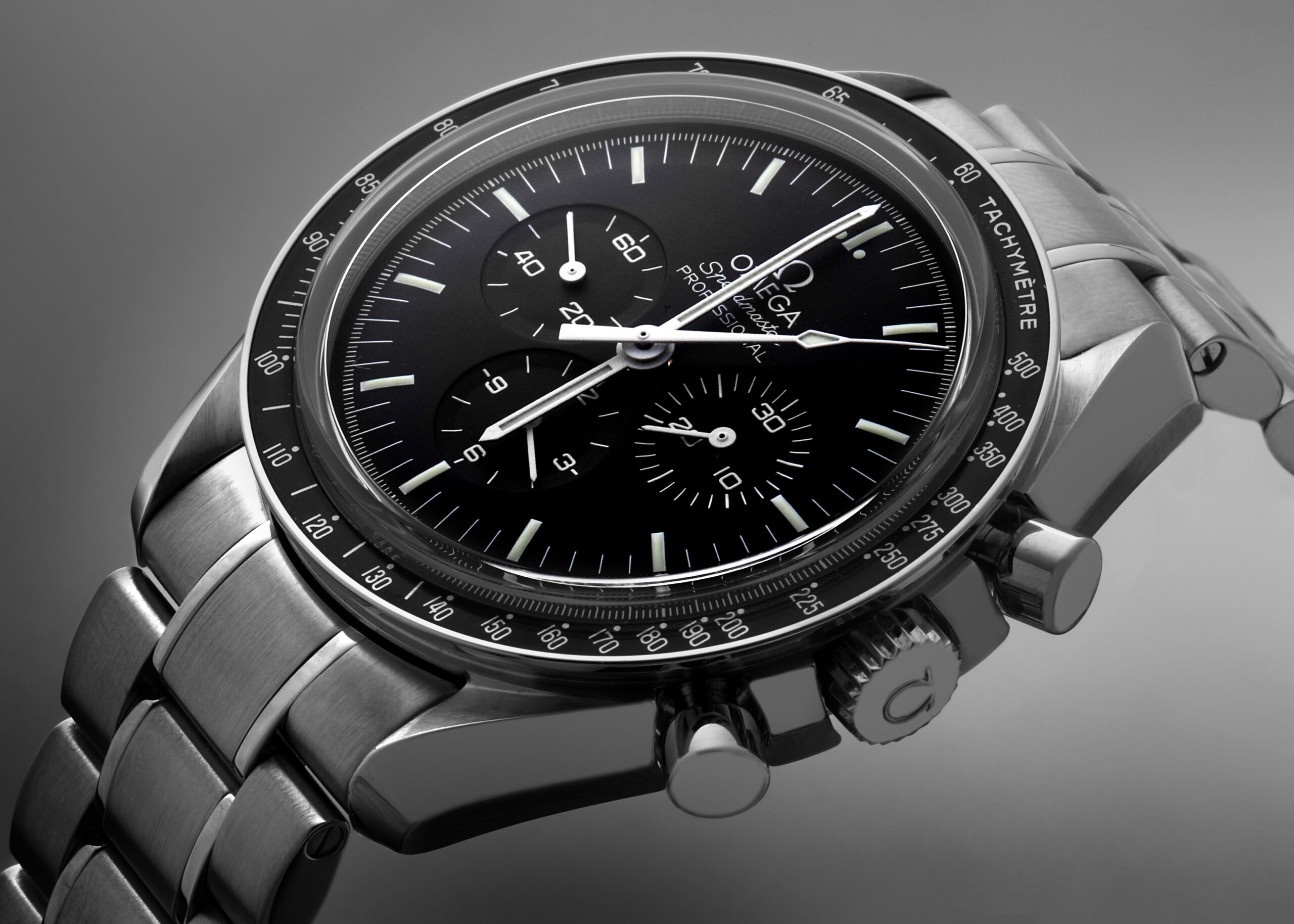
Omega Speedmaster Professional: The Moonwatch
Why it’s legendary:
It went to the Moon. Need we say more? The Speedmaster is an icon not just of watchmaking, but of human achievement.
A Brief History:
While often associated with space exploration, the Omega Speedmaster Professional began its life in 1957 as a racing chronograph, part of Omega’s “professional” trilogy alongside the Seamaster 300 and Railmaster. Its clear, legible dial, robust construction, and prominent tachymeter bezel made it ideal for timing laps.
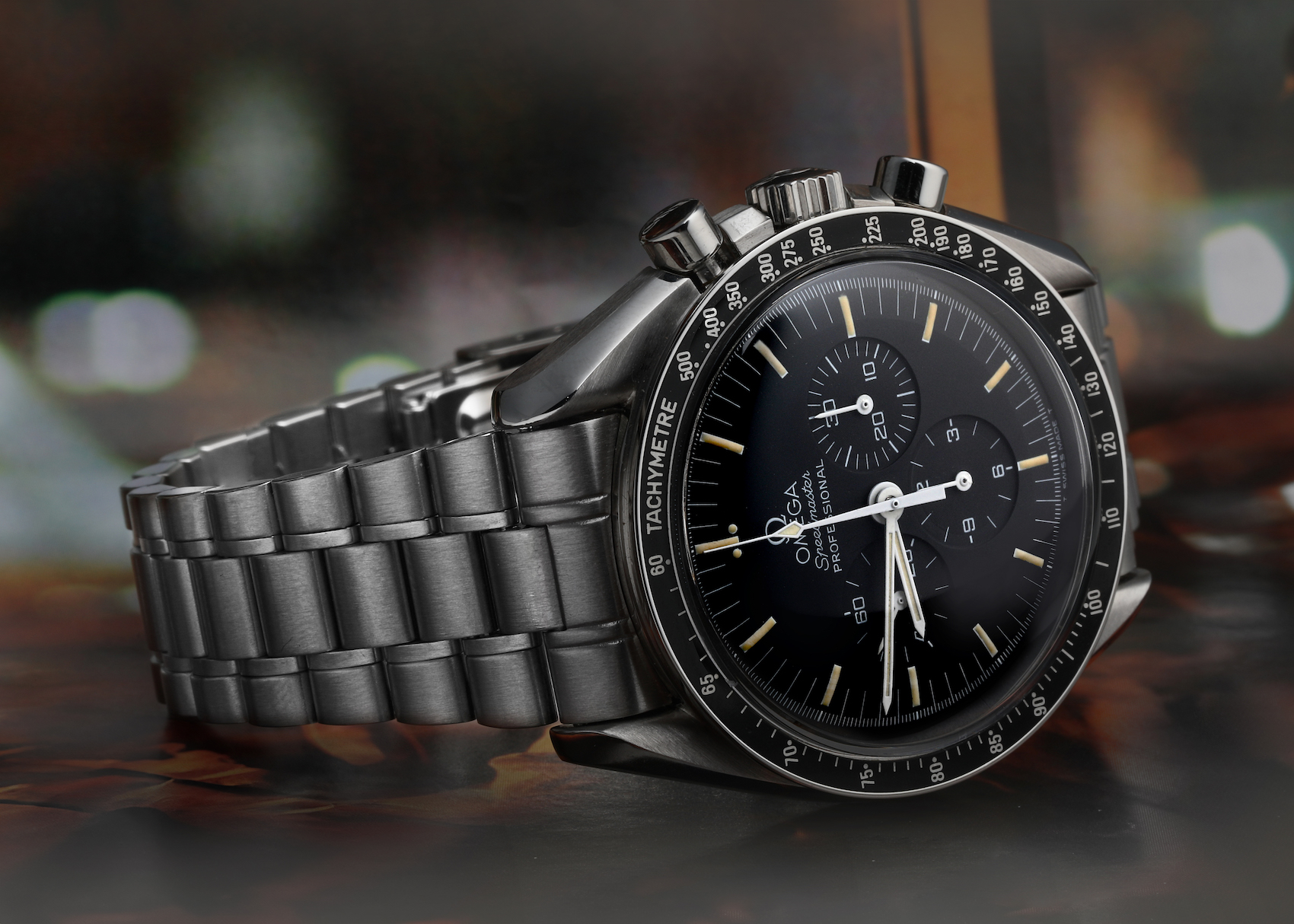
Shop Omega Speedmaster Steel Sports Watches
However, its destiny changed forever when its robust nature and legible dial caught NASA’s attention. After rigorous testing, it became flight-qualified for all manned space missions in 1965 and was famously on the wrists of the Apollo 11 astronauts during the first lunar landing in 1969.
In 1969, Buzz Aldrin wore a Speedmaster Professional on the surface of the Moon, making it the first watch to achieve this extraordinary feat. References like the 105.012 and 145.012, powered by the legendary Calibre 321 manual-wind movement, are the true “Moonwatches.” Its unwavering reliability, iconic asymmetric case, and tool watch aesthetic cemented its place not just in watchmaking history, but in human history itself. It’s a steel sports watch that literally went to the stars.
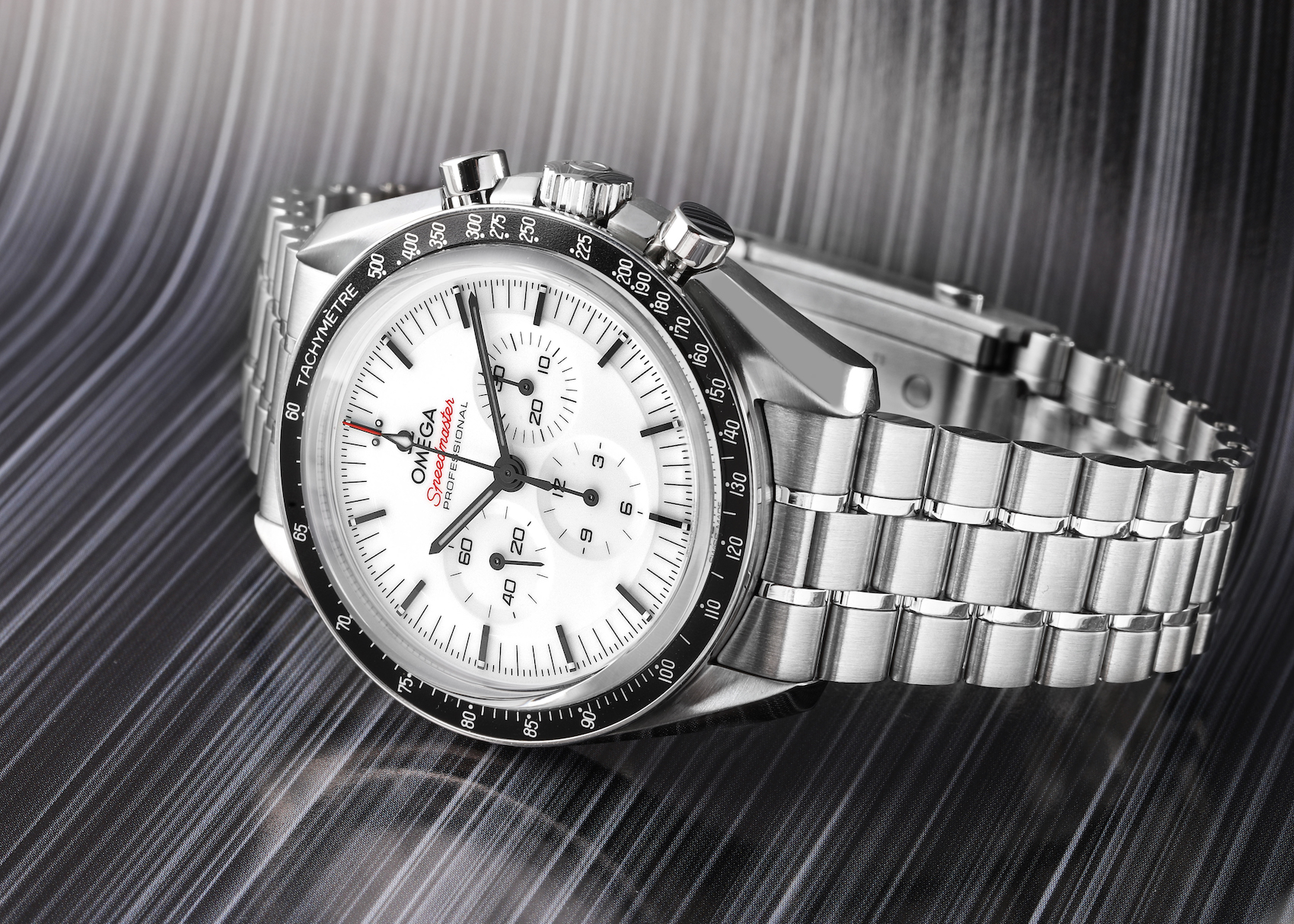
Key Features Why We Love It:
The asymmetrical case (on later models, to protect the crown and pushers), the triple-register chronograph layout, the external tachymeter scale on the bezel, and its hand-wound movement. It’s a piece of history on your wrist, a rugged and reliable tool watch that has earned its legendary status many times over.
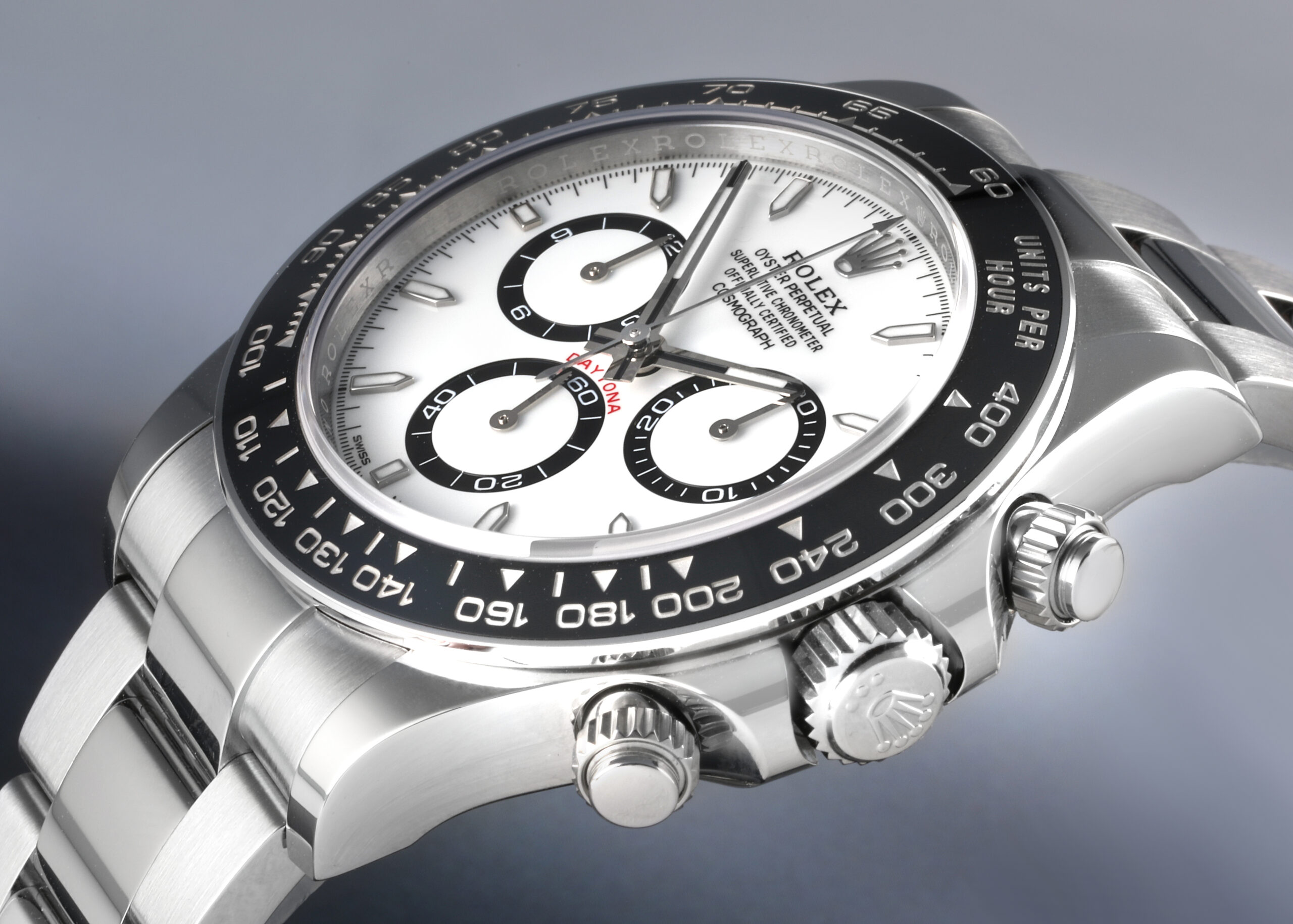
Rolex Daytona: The King of Chronographs
Why it’s legendary:
The Daytona is the aspirational chronograph, synonymous with motorsport, precision, and an almost mythical level of desirability.
A Brief History:
Introduced in 1963, the Cosmograph Daytona was designed for racing drivers. Early models weren’t instant hits, but association with actor and racing enthusiast Paul Newman (who famously wore the “exotic dial” reference 6239) catapulted certain vintage Daytonas into stratospheric collectability. Modern iterations, especially in steel, are notoriously difficult to acquire at retail, further fueling their legend.
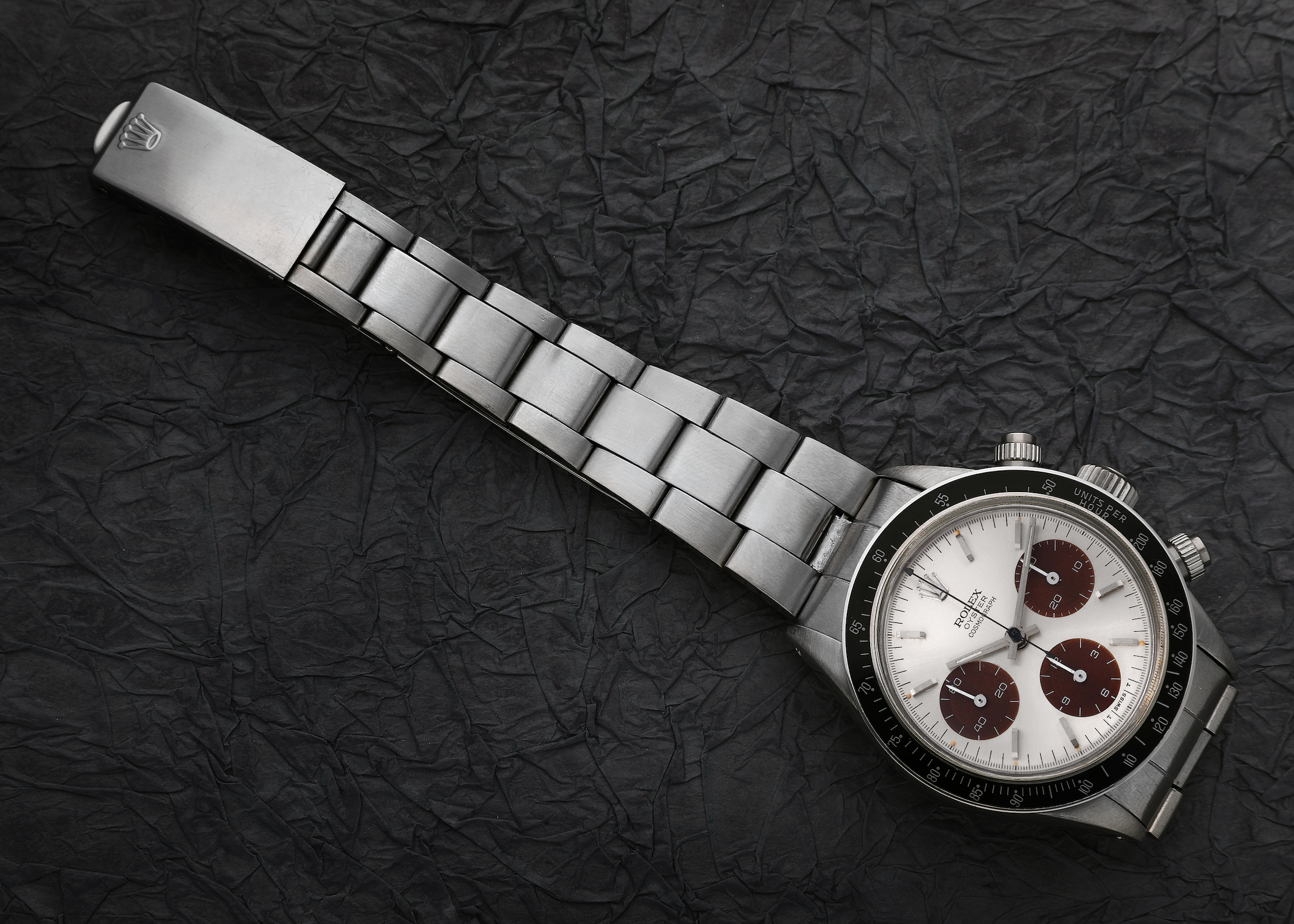
Shop Rolex Daytona Steel Sports Watches
The “Paul Newman” dial variations, characterized by their art deco-style numerals in the subdials and contrasting colors, were initially slow sellers but have since become legendary. The manual-wind Valjoux 72 movements powered these early Daytonas, offering a pure, mechanical experience. More than just a chronograph, the Daytona embodied the thrill of speed, precision, and competitive spirit. Its scarcity, combined with its undeniable cool factor and celebrity endorsement, cemented its status as one of the most coveted steel sports watches ever made.
A pivotal moment in the modern Daytona’s story arrived with the 2016 introduction of the reference 116500LN. This stainless steel model was highly anticipated and instantly became a global phenomenon, largely due to its black monobloc Cerachrom ceramic bezel—a first for the steel Daytona, offering enhanced scratch resistance and a nod to the black acrylic bezels of vintage models.
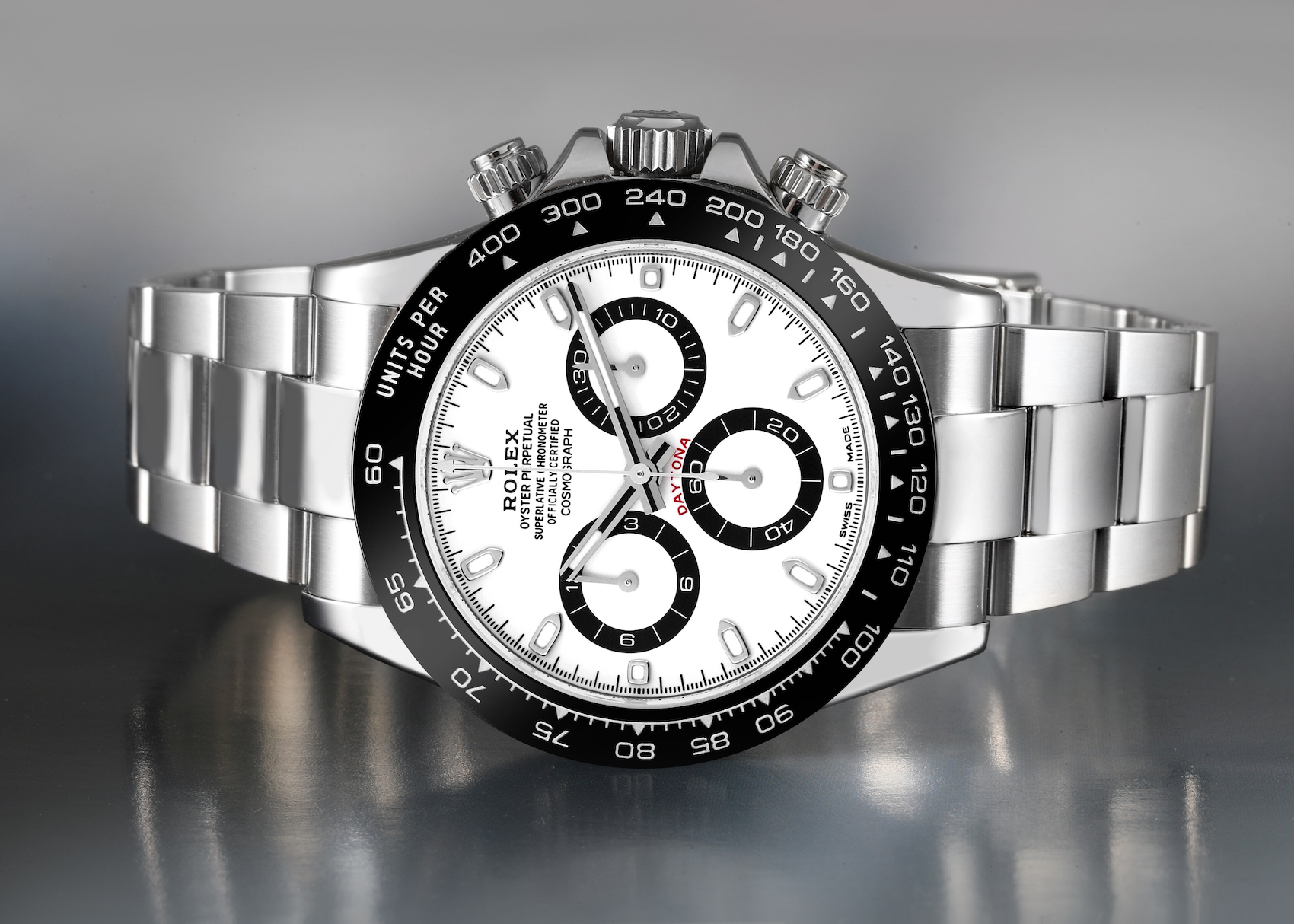
Powered by the robust in-house Caliber 4130, the 116500LN, available with either a black or white dial, continued the Daytona’s legacy of exceptional performance and timeless design. Its release created unprecedented demand, making it exceptionally challenging to purchase at authorized dealers and further solidifying its status as a modern icon before it was eventually discontinued in 2023.
Key Features Why We Love It:
Its perfectly balanced dial, robust chronograph movement (Rolex has made its own in-house since 2000), screw-down pushers for water resistance, and tachymeter bezel for measuring speed. Whether vintage or modern, the Daytona possesses an undeniable charisma and status.
Why Steel? The Enduring Appeal
Why do these steel sports watches command such reverence (and often, such high prices)? Stainless steel offers a unique trifecta:
Durability: It’s tough, corrosion-resistant, and built to withstand the rigors of an active life.
Versatility: It can be brushed for a utilitarian look or polished to a brilliant shine, making it suitable for almost any occasion.
Understated Luxury: In a world often dominated by flash, a beautifully crafted steel watch speaks volumes with quiet confidence. It’s the connoisseur’s choice.
Final Thoughts 5 Of The Best Steel Sports Watches In History
These five horological titans are more than just timepieces; they are milestones in design, engineering, and culture. Each redefined what a sports watch could be, blending rugged functionality with timeless aesthetics. Whether you’re a seasoned collector or a budding enthusiast, their stories and enduring appeal continue to captivate.
For those inspired by the enduring legacy and robust elegance of such iconic steel sports watches, exploring a wider collection can offer even deeper appreciation and perhaps the perfect piece to start or enhance your own journey. To discover an extensive selection of these coveted timepieces, including a variety of steel sports watches from legendary brands, we encourage you to check out the offerings at Buy Best Quality Watches .

